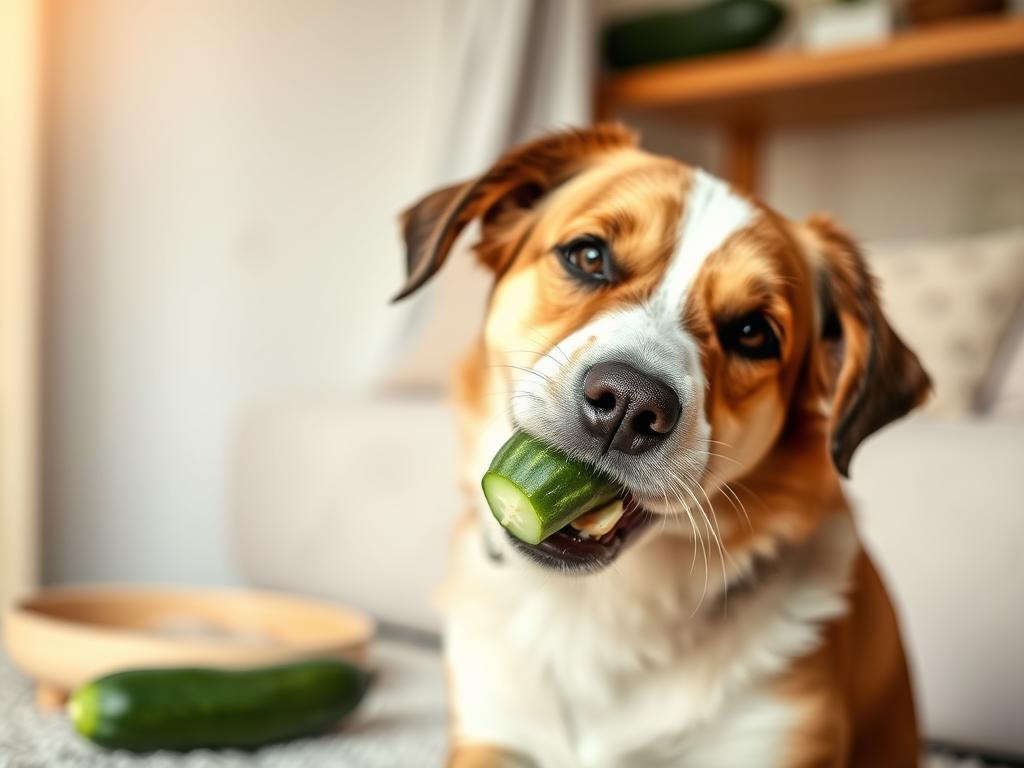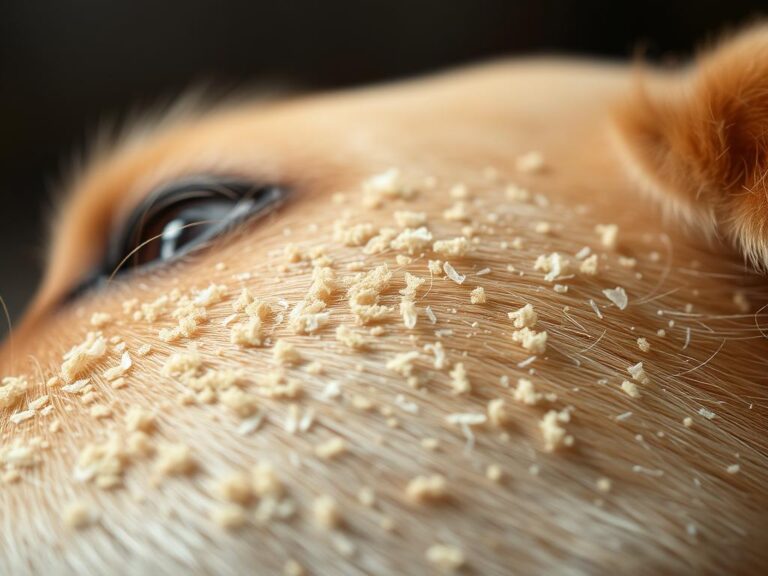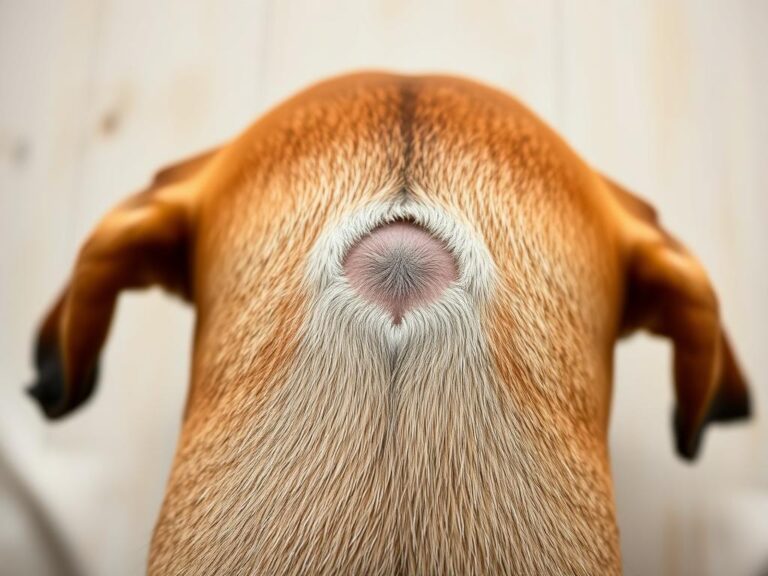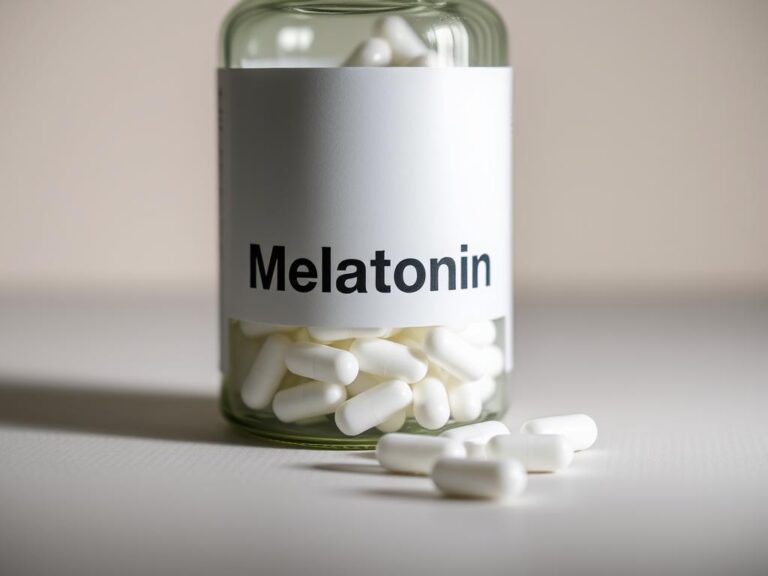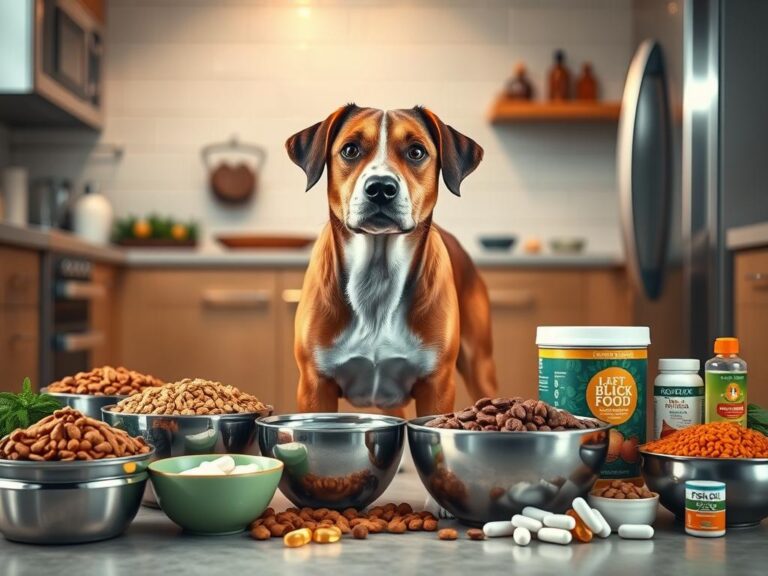Feeding Cucumbers to Dogs: What You Need to Know
As a responsible dog owner, it’s essential to understand what human foods are safe for your pet to consume. With the growing interest in dog nutrition, many are wondering if cucumbers are a healthy snack for their canine companions.
Cucumbers are low in calories and rich in water content, making them a potentially refreshing snack. However, it’s crucial to consider the implications of adding cucumbers to your dog’s diet. This article will explore the nutritional benefits and potential risks, providing you with the information needed to make informed decisions about your pet’s health.
Understanding what foods are safe for your dog to eat is vital for maintaining their overall well-being. Let’s delve into the specifics of feeding cucumbers to dogs.
The Nutritional Profile of Cucumbers for Dogs
As dog owners seek healthier alternatives for their pets, cucumbers emerge as a surprisingly nutritious option. Cucumbers are composed of about 96% water, making them not only a refreshing snack but also a nutrient-rich addition to a dog’s diet.
Essential Vitamins and Minerals
Cucumbers are a good source of various vitamins and minerals, including vitamin K, potassium, and manganese. These nutrients play a crucial role in maintaining a dog’s overall health, supporting bone health, and aiding in the proper functioning of the heart and other muscles.
Hydration Benefits
The high water content in cucumbers makes them an excellent snack for promoting hydration in dogs. Proper hydration is essential for a dog’s health, affecting everything from digestion to the maintenance of healthy skin.
Low-Calorie Content
Cucumbers are very low in calories, making them an ideal snack for dogs that need to manage their weight. They can be a healthy alternative to traditional dog treats that are often high in calories and low in nutrients.
| Nutrient | Benefit |
|---|---|
| Vitamin K | Supports bone health |
| Potassium | Aids heart function |
| Manganese | Supports metabolism |
Can Dogs Eat Cucumber? The Complete Answer
As a dog owner, you’re probably wondering whether cucumbers are a safe and healthy snack for your furry friend. The good news is that cucumbers are generally considered safe for dogs to eat, but there are some important factors to consider.
Safety of Cucumber Flesh for Dogs
The flesh of cucumbers is non-toxic to dogs and can be a refreshing, low-calorie snack. Cucumbers are rich in water content, making them a great way to help keep your dog hydrated, especially during hot summer months.
Cucumber Skin and Seeds: Safe or Not?
While the flesh of cucumbers is safe, the skin and seeds can be a different story. Cucumber skin is generally safe but can be difficult for some dogs to digest. It’s recommended to peel the cucumber or chop it into small pieces to minimize the risk of digestive issues. As for the seeds, they are usually not a problem but can cause issues if eaten in large quantities.
Cucumber vs. Pickles for Dogs
It’s crucial to differentiate between cucumbers and pickles when it comes to your dog’s diet. While cucumbers are safe, pickles are not recommended due to their high sodium content and potential additives like garlic or onions, which are toxic to dogs.
In conclusion, cucumbers can be a healthy snack for dogs when prepared properly. Always remove any harmful seasonings or accompaniments, and introduce cucumbers gradually into your dog’s diet to monitor for any adverse reactions.
Health Benefits of Cucumbers for Your Canine
Incorporating cucumbers into your dog’s diet can have numerous health advantages. Cucumbers are rich in vitamins, minerals, and antioxidants that can contribute to your dog’s overall health.
Weight Management Advantages
Cucumbers are low in calories, making them an excellent snack for dogs that need to manage their weight. Replacing high-calorie treats with cucumbers can help reduce your dog’s overall calorie intake, supporting a healthy weight.
As Dr. Karen Becker notes, “Feeding your dog low-calorie snacks like cucumbers can be a great way to help them maintain a healthy weight.”
“A healthy weight is crucial for your dog’s overall health and longevity.”
Hydration Support
Cucumbers are composed of about 96% water, making them an excellent source of hydration for dogs. Proper hydration is essential for your dog’s bodily functions, including regulating body temperature and maintaining healthy skin.
Feeding cucumbers to your dog can help supplement their hydration needs, especially during hot weather or after exercise.
Anti-inflammatory Properties
Cucumbers contain various anti-inflammatory compounds that may help reduce inflammation in dogs. This can be particularly beneficial for dogs suffering from conditions like arthritis, where inflammation can cause significant discomfort.
By incorporating cucumbers into your dog’s diet, you may be able to help mitigate some of the inflammation associated with these conditions, improving their quality of life.
Potential Risks and Side Effects
While cucumbers can be a healthy snack for dogs, there are several risks associated with their consumption that dog owners should be aware of. Understanding these risks is crucial to ensuring that cucumbers are a safe and healthy addition to a dog’s diet.
Choking Hazards and Prevention
Cucumbers can pose a choking hazard, especially for smaller dogs or those that gobble their food. To mitigate this risk, it’s essential to cut cucumbers into small, manageable pieces or slices that are easy for your dog to chew and swallow. Supervising your dog during mealtime can also help prevent choking incidents.
Digestive Issues to Watch For
Some dogs may experience digestive issues after consuming cucumbers, such as gas, bloating, or diarrhea. If your dog exhibits any of these symptoms, it’s advisable to reduce the amount of cucumber being fed or to consult with a veterinarian for advice. Monitoring your dog’s reaction to cucumbers is key to avoiding these issues.
Allergic Reactions: Signs and Symptoms
Although rare, some dogs may be allergic to cucumbers. Signs of an allergic reaction can include itching, swelling, or difficulty breathing. If you suspect your dog is having an allergic reaction to cucumbers, seek veterinary care immediately. Early detection and response are critical in managing allergic reactions.
By being aware of these potential risks and taking steps to mitigate them, dog owners can safely incorporate cucumbers into their pets’ diets, providing a nutritious and healthy snack.
How to Properly Serve Cucumbers to Your Dog
To safely introduce cucumbers into your dog’s diet, it’s essential to understand the best serving practices. Cucumbers can be a nutritious and enjoyable treat for dogs when prepared and served correctly.
Preparation and Cutting Techniques
Before serving cucumbers to your dog, it’s crucial to prepare them properly to avoid any potential choking hazards or digestive issues. Start by washing the cucumber thoroughly to remove any pesticide residues or dirt. You can then slice or dice the cucumber into manageable pieces. For smaller dogs, consider cutting the cucumber into thin slices or sticks to reduce the risk of choking.
Serving Sizes by Dog Weight
The appropriate serving size of cucumber for your dog largely depends on their weight. As a general guideline, here’s a simple table to follow:
| Dog Weight | Serving Size |
|---|---|
| Under 10 lbs | 1-2 small slices |
| 11-20 lbs | 2-3 slices |
| 21-50 lbs | 1/2 cucumber |
| Over 50 lbs | 1 cucumber |
Always introduce new foods gradually to prevent digestive upset.
Creative Cucumber Dog Treat Recipes
Cucumbers can be a versatile ingredient in dog treats. One simple recipe is to freeze cucumber slices for a refreshing summer snack. You can also combine diced cucumbers with plain yogurt and a bit of honey, then freeze the mixture in ice cube trays for a healthy treat. As Dr. Karen Becker suggests, “Incorporating cucumbers into your dog’s diet can provide them with a cool, hydrating snack.”
“Cucumbers are not only low in calories but also rich in water content, making them an excellent snack for maintaining your dog’s hydration levels.”
Experiment with different combinations to find your dog’s favorite way to enjoy cucumbers.
Other Dog-Friendly Vegetables and Fruits
Exploring dog-friendly produce options reveals a diverse list of vegetables and fruits that are safe for dogs to eat. While cucumbers are a nutritious snack, variety is key to ensuring a broad range of nutrients in a dog’s diet.
Safe Alternatives to Cucumbers
Several vegetables and fruits make excellent alternatives to cucumbers. Carrots, for instance, are not only crunchy but also rich in vitamins and minerals. Green beans are another low-calorie snack that dogs enjoy. Other safe options include apples (without seeds or cores), blueberries, and pumpkin. These foods can add variety to a dog’s treat routine while providing health benefits.
Dangerous Produce to Avoid
Not all fruits and vegetables are safe for dogs. Onions, garlic, and chives belong to the Allium family and can cause anemia in dogs. Grapes and raisins are known to be toxic and can lead to kidney failure. Other dangerous produce includes avocado (pit, skin, and leaves), mushrooms, and tomato plants (leaves and stems). It’s crucial for dog owners to be aware of these hazards to keep their pets safe.
Conclusion
As we’ve explored, cucumbers can be a nutritious and refreshing addition to a dog’s diet, providing essential vitamins, minerals, and hydration. The key is to understand the benefits and risks associated with feeding cucumbers to dogs. While they offer several health benefits, including weight management and anti-inflammatory properties, there are also potential risks to consider, such as digestive issues and choking hazards.
To ensure a balanced approach, dog owners should consult with their veterinarians to determine the best way to incorporate cucumbers into their dog’s diet. For more information on the safety of cucumbers for dogs, you can visit Four Leaf Rover, which provides valuable insights into dog nutrition and healthy eating habits. By making informed decisions about dog nutrition, owners can help their canine companions enjoy a healthier, happier life.
